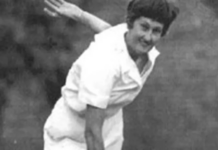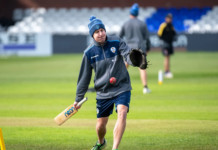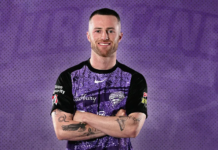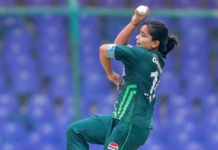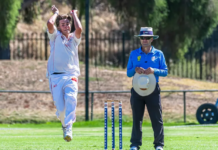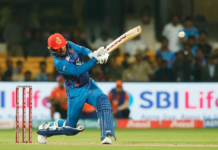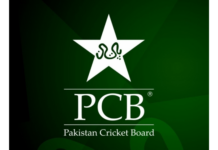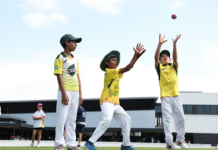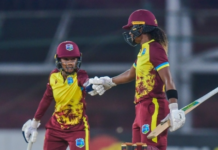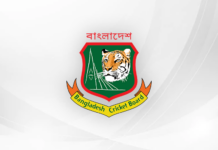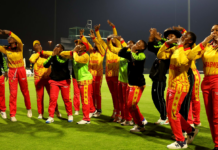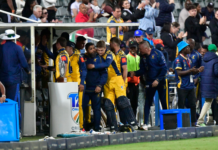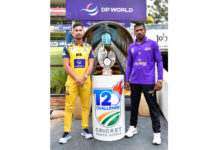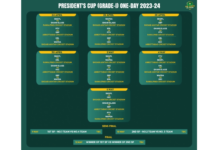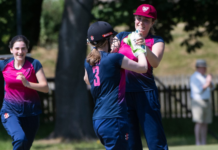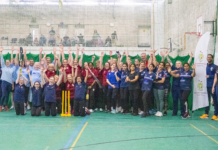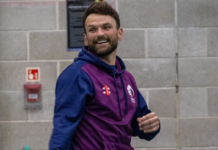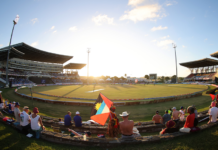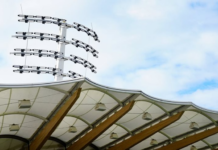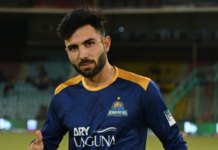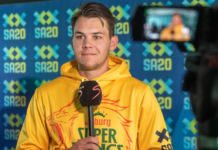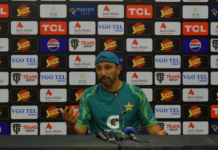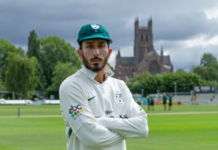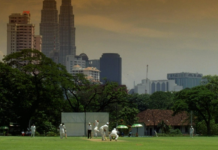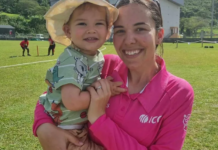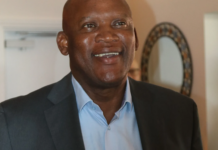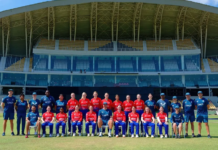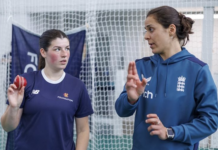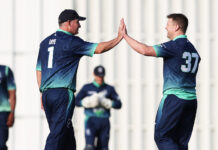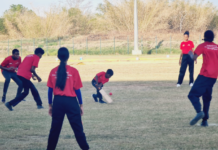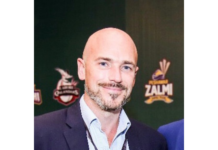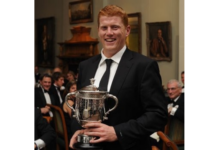Photo Credit: ICC
The International Cricket Council (ICC) continues its celebration of the 50-year anniversary of the first-ever Cricket World Cup, the Women’s Cricket World Cup that was held from 20 June to 28 July 1973 in England.
In the Caribbean, a unified West Indies women’s team was yet to be formed, leaving it to every cricket playing nation to represent itself and making it that much harder to compete successfully. It was only after the conclusion of the event that the decision to form a unified West Indies women’s team, mirroring that of their male counterparts, was made. The decision raised the standard of cricket as well as interest in the women’s game across the Caribbean islands.
A global sports event was a unique premise in those days and cricket was set apart as a trail blazer in sport for staging a Women’s World Cup before the launch of a men’s event.
A structured women’s world event was a particularly impressive achievement, considering that even one bilateral series was a dream for many teams. Credit for this goes to the Women’s Cricket Association (the governing body for women’s cricket in England) and the International Women’s Cricket Council (who administered international women’s cricket at the time) and visionary figures such as Rachael Heyhoe-Flint, who was instrumental in the tournament’s success, on and off the field.
In those times, players were not renumerated, and teams relied on raising funds themselves, sponsorships, and benefactors to make tours a reality.
The 1973 World Cup featured seven teams: Australia, England, an International XI, Jamaica, New Zealand, Trinidad & Tobago, and Young England, and was sponsored by British businessman, Sir Jack Hayward.
Former Trinidad & Tobago captain, Louise Brown recalled her experience and how the Women’s Cricket World Cup brought about the most significant breakthrough in West Indian women’s cricket of that era, which included the first-ever travel opportunity for the majority of the team outside of Caribbean borders.
She said: “I am so pleased to see the growth of women’s cricket over the years. The difference from when I was asked to lead the team in 1973 to now is so vast, but that is part of the legacy of that first tournament. It opened doors for more to be done, not just in the countries that participated, but those that had not formed part of the inaugural event as well.
“At the time, women’s cricket was not very popular locally. I played the game because my mom did, and she drafted all eight of her daughters into our local club team. Four of us went on to represent our national team, while three of us represented the West Indies later on. My sister, Ann, is presently the lead selector for the West Indies women’s team.
“In the Caribbean, the World Cup made it imperative that we have a united, West Indies women’s team. Our standard of cricket was not on the same level as the larger nations of the time like England, Australia, and New Zealand. Needless to say, because of this, we came in fifth place out of the seven teams that participated at the inaugural World Cup.
“Our participation shone the spotlight on the women’s game throughout the Caribbean. After the tournament, Monica Taylor from Jamaica, suggested that we follow in the footsteps of our male counterparts and establish a West Indies women’s team that would be able to compete with the big countries on a higher level. In 1975, I was named as the captain of the first West Indies team.
“Trinidad and Tobago and Jamaica played as individual islands in the 1973 World Cup and by the time the first West Indies team was named in 1975, Barbados and Grenada were also represented. Presently, women’s cricket is also being played in Guyana, St. Lucia, Dominica, St. Kitts and Nevis and St. Vincent and the Grenadines. That is real-world change, that kick started because of what the world was able to witness of us in 1973.”
The ICC’s five-week long tribute continues with the publishing of digital content and videos that celebrates the groundbreaking event through its social media channels.


